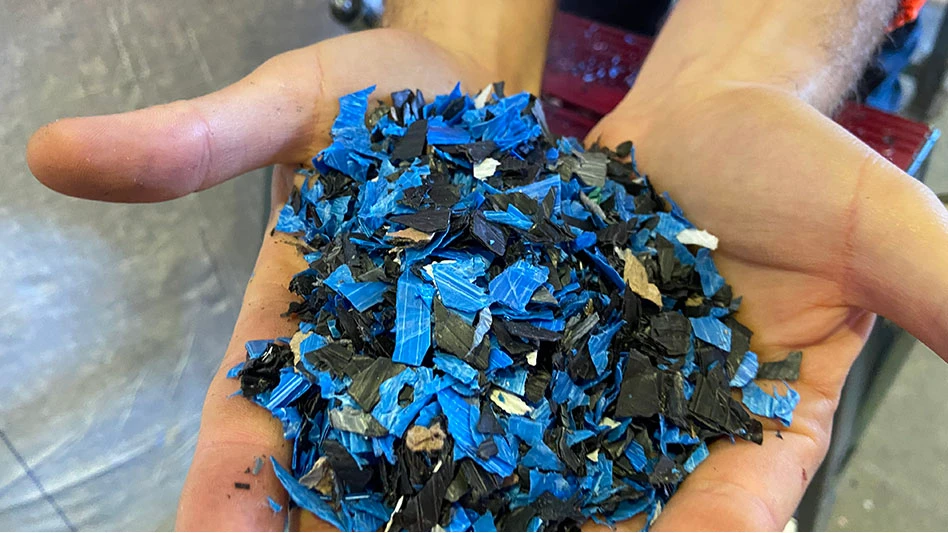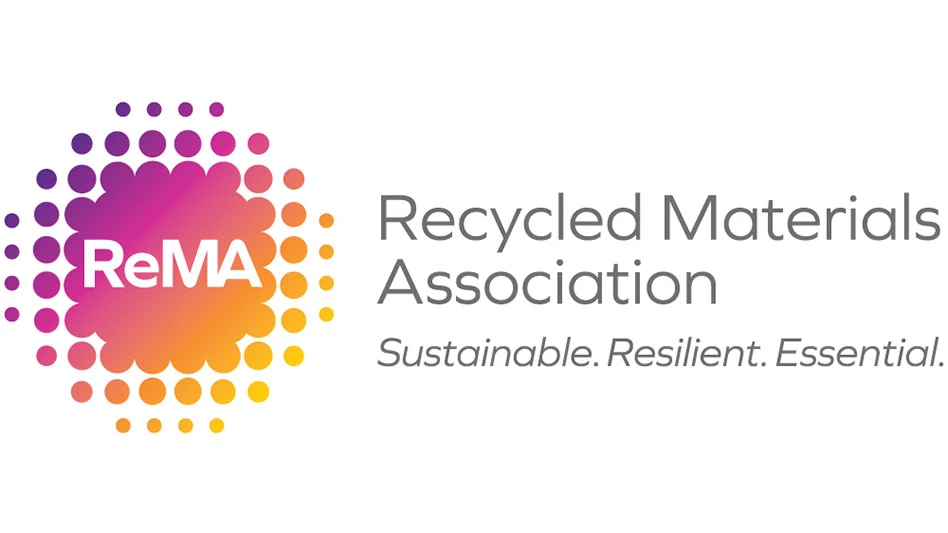
Hong Kong set a target to reduce each citizen's daily municipal solid waste disposal by 20 percent, or 1 kilogram (slightly more than 2 pounds) by 2017 and by 40 percent, or 0.8 kilogram (slightly more than 1.5 pounds) by 2022. The target was unveiled May 2013 in the government's Blueprint for Sustainable Use of Resources 2013-2022
Statistics released by the Environmental Protection Department (EPD) Thursday show that the city missed the target, with the average citizen sending 1.45 kilograms of solid waste to the landfill per day last year.
“The increase in the disposal rate was partly caused by an increase in the amount of commercial and industrial waste being disposed of, which was partly attributable to a vibrant local economy in 2017,” the department stated in the report.
Overall, the city generated 5.75 million tons of municipal solid waste last year, an increase of 0.9 percent. Although nonferrous metals and glass disposal dropped by 16 and 12 percent, paper disposal increased by 13 percent, food waste by 1.7 percent and commercial and industrial waste rose by 4.1 percent. Recovery of construction waste remained at a high 92 percent last year, with the disposal of construction waste at landfills decreasing 4.9 percent compared with 2016.
The recycling rate of municipal solid waste was 32 percent last year, lower than the 34 percent in 2016. The department said outside markets and stricter import controls played a role in the declining recycling rate.
“The value of and outlets for local recyclables have long been dictated by the condition of the market outside Hong Kong,” the department said. “The challenging condition of the market outside Hong Kong for recyclables that has persisted in recent years, together with stricter import controls imposed by nearby jurisdictions, has continued to affect the overall performance of the recycling industry.”
An EPD spokesman said the government will continue to work on implementing the waste reduction strategy, noting the upcoming waste charging scheme will “drive behavioral and cultural changes” and encourage community to practice in waste reduction at the source and clean recycling.
Lawmaker Steven Ho Chun-yin of the agriculture and fisheries sector told South China Morning Post that the waste charging scheme could not reduce municipal solid waste by itself, because citizens could not control how much waste they would generate when there was so much "over-packaging" in the market.
In other parts of Seoul and Taipei City, waste disposal dropped by some 30 percent after the charging scheme was introduced. The government introduced a bill on the charging scheme in November. If the bill is passed, there will be 12 to 18 months for the government, stakeholders and the public to prepare for the implementation of waste charging.
The EPD said it is actively working through various recycling fund programs, as well as various actions to tackle waste plastic, such as plastic shopping bag charging schemes and free collection service for plastic waste. The department said it is also working to develop more recycling facilities to support local recycling activities.
Latest from Recycling Today
- Vermeer announces plan to build new facility in Des Moines metro area
- PureCycle, Toppan partner on packaging containing PCR
- LKQ to focus on simplification, productivity in uncertain demand environment
- Supreme Court strikes down IEEPA tariffs
- Redwood expands San Francisco R&D footprint
- Constellium posts record Q4 adjusted EBITDA
- QCC torches include customizable features
- Umicore finishes 2025 with increased earnings





